Introduction to the Lawsuit: Mennonite Church USA et al. v. U.S. Department of Homeland Security
In a landmark case filed on February 11, 2025, a coalition of 27 religious organizations, representing a diverse array of Christian and Jewish traditions, has sued the U.S. Department of Homeland Security (DHS) and its leadership. The plaintiffs, including the Mennonite Church USA, the African Methodist Episcopal Zion Church, the Central Conference of American Rabbis, and others, allege that the federal government’s decision to rescind its longstanding “sensitive locations” policy violates their religious freedoms and constitutional rights.
The lawsuit stems from DHS’s abrupt reversal on January 20, 2025, of a decades-old policy that restricted immigration enforcement actions—such as arrests, interrogations, and raids—in or near places of worship, schools, and hospitals. The new policy, enacted under the Trump administration, grants immigration officers broad discretion to conduct enforcement activities in these previously protected spaces, citing the need for “common sense” in enforcing immigration laws.
The plaintiffs argue that this policy change imposes a substantial burden on their religious exercise, as their faith traditions mandate the welcoming and protection of immigrants, regardless of legal status. They contend that the threat of immigration enforcement actions during worship services or social ministry activities disrupts their ability to fulfill their religious obligations, creates fear among congregants, and undermines the sanctity of their sacred spaces. Additionally, they assert that the policy violates the Religious Freedom Restoration Act (RFRA) and the First Amendment’s protections for freedom of expressive association.
The lawsuit highlights several key concerns:
1. Religious Burden: The plaintiffs argue that the policy forces them to choose between protecting vulnerable immigrants and fulfilling their religious duties to welcome and serve all people.
2. Chilling Effect: The threat of enforcement has already led to decreased attendance at worship services and social ministries, as congregants fear arrest or deportation.
3. Arbitrary Policy Change: The plaintiffs claim that DHS failed to provide a reasoned explanation for rescinding the sensitive locations policy, ignored reliance interests, and did not consider less restrictive alternatives.
The plaintiffs seek declaratory and injunctive relief to prevent DHS from conducting immigration enforcement actions at places of worship or during religious ceremonies, absent exigent circumstances or a judicial warrant. They also request that the court reinstate the 2021 sensitive locations policy and declare the rescission arbitrary and capricious under the Administrative Procedure Act.
This case underscores the tension between federal immigration enforcement and the religious freedoms of faith communities committed to serving and protecting immigrants. The outcome could have far-reaching implications for the intersection of religious liberty and immigration policy in the United States.
Read the full complaint here.
